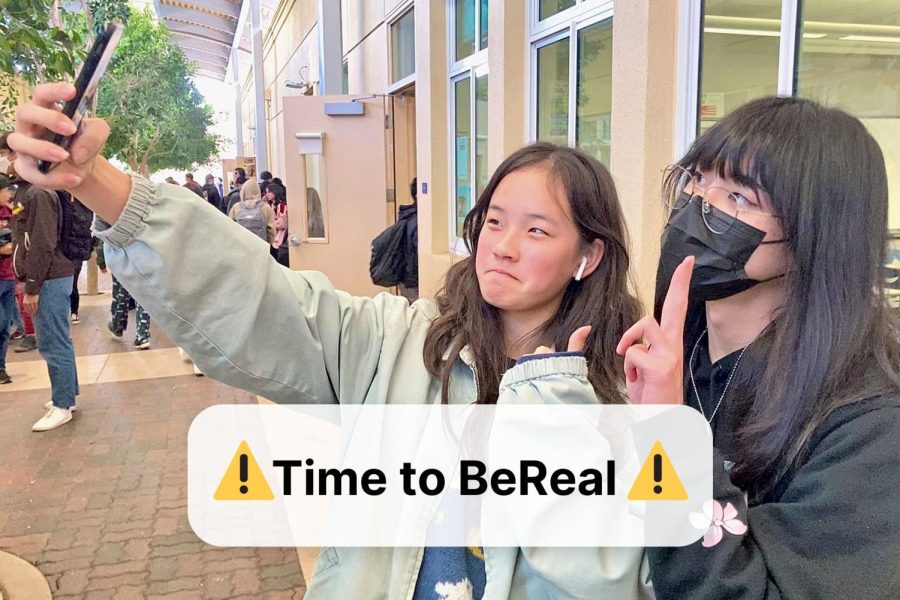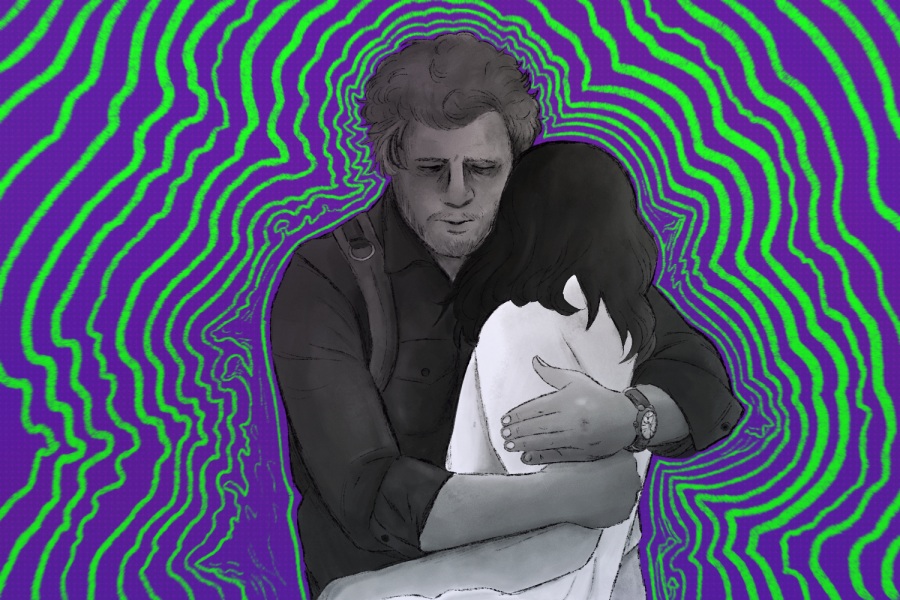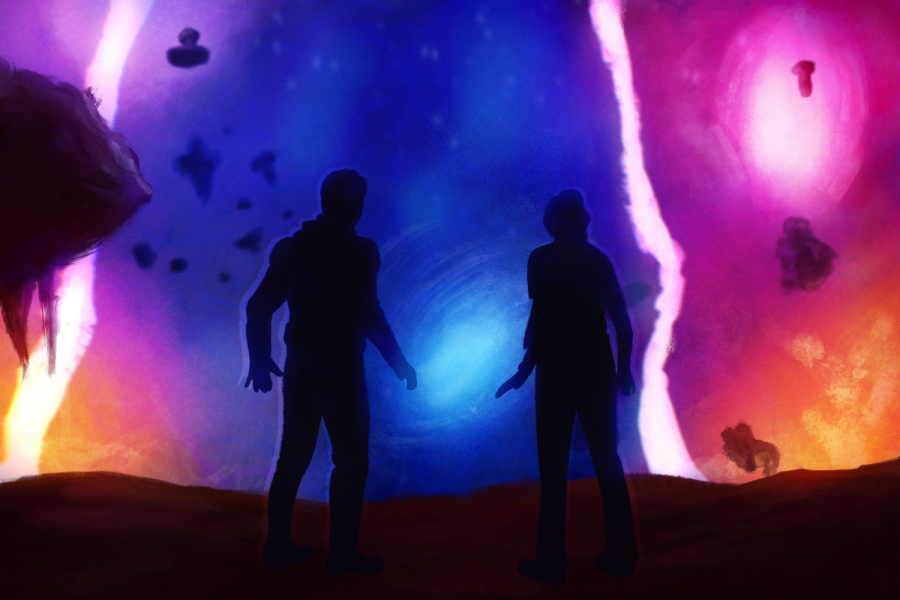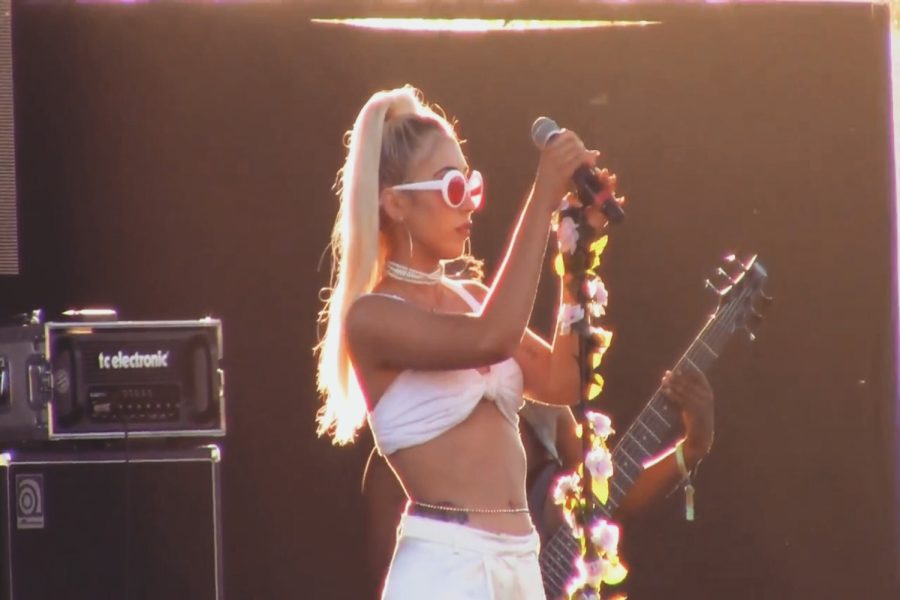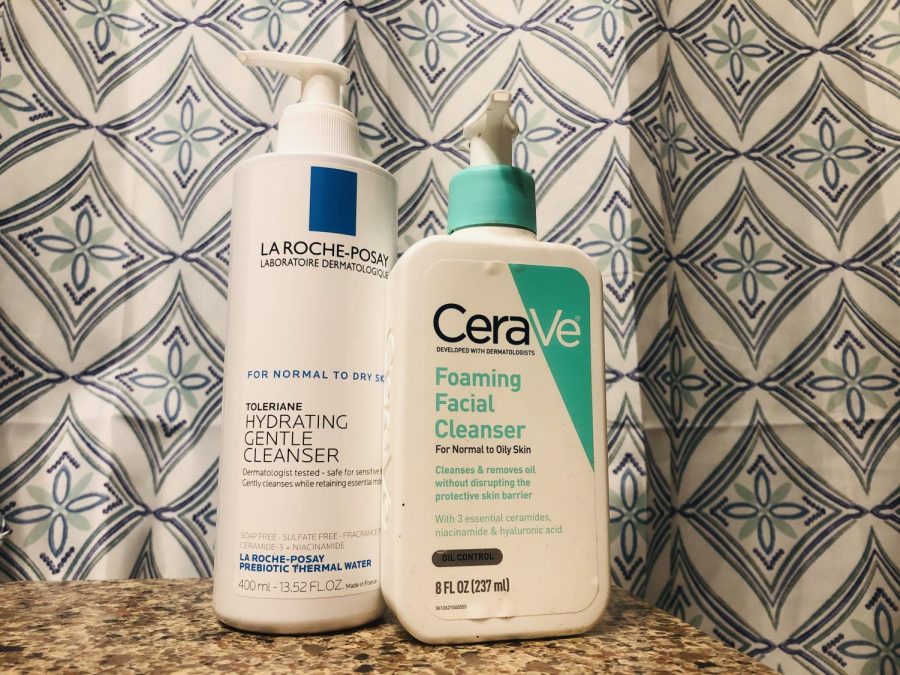BeReal is a social app aimed at reducing exposure to toxic social media culture. Launched in 2020, its emphasis on authenticity gradually attracted millions of teens and young adults, skyrocketing in popularity to become the world’s most-downloaded app in Sept. 2022.
However, the quest to “be real” on social media is fundamentally flawed, and performative authenticity can be just as damaging as the problems it attempts to resolve.
Many applaud BeReal for breaking down social media’s fixation on perfectionism. As stated in its app store description, “BeReal is life, Real life, and this life is without filters.”
By taking away the ability to edit photos and asking users to present themselves as they are in that moment, the platform aims to avoid selectively curated feeds and endless scrolling, instead embracing the mundane aspects of life that usually fail to appear on other social platforms.
The app’s rules are simple: once a day, users have a two-minute window to take two simultaneous photos— a selfie and a back-camera shot. All users receive a push notification at the same time, and the idea is for everyone to post at once to see what others are doing at the moment. The app marks late posts and retakes, and others’ daily snapshots are only visible after uploading your own.
Not everyone follows the rules though. There is no penalty for being late, and many people do not post immediately after receiving the notification.
Even if the photos are unfiltered, nothing prevents users from dressing nicely, putting on makeup, or waiting for an exciting event before posting.
These features make it more than easy to present a facade on BeReal, just like any other social media platform. Without the urgency to post on time, the app loses its uniqueness and becomes hardly different from Snapchat or a private Instagram account.
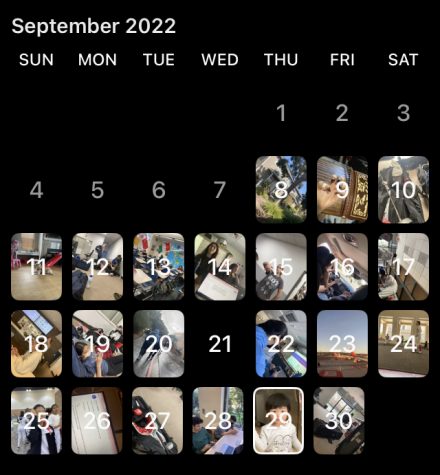
Many people also use BeReal for a different purpose than it was intended. The app’s calendar feature offers an archive of every single day’s posts. Some choose to post the “highlight” of their day, something that they can cherish when looking back through the calendar. It is all too easy to forget the original principle of authenticity in favor of curating a compilation of memorable moments.
“I like the calendar feature because I get to look back on every single day and remember all the fun things that happened,” said Carsyn Ubamos, a junior at Carlmont. “That’s why if there’s something going on later in the day and I know it would make a good BeReal, I usually try to wait to post even though I know I’m not supposed to.”
Late posts are supposedly against the rules of BeReal, yet posting immediately is also a contradiction to another of the app’s fundamental principles: being in the moment.
Not everyone is on their phone when the notification goes off. Following the rules of BeReal would mean users must constantly be aware of the little black square in their pocket, waiting for the slightest ding or buzz to pull out the app. Snapping a timely photo effectively draws them away from being present in physical reality and right back to the cyber world of their phones.
A notification in the middle of class or while driving can be especially disruptive, and there’s something unsettlingly ironic about everyone in the room posing for a selfie as soon as someone asks, “do you want to be in my BeReal?”
BeReal has another fundamental issue: instead of making people more comfortable posting their normal lives, it often generates a need to constantly be interesting. When you snap a photo of yourself in bed just to see posts of other people having fun, it creates a sense of FOMO– the fear of missing out.
Consciously or not, people always compare themselves to others. Curating an image for others to perceive is a part of human nature, and the desire to be interesting is not a crime. Social media has always been a space where people pick and choose parts of themselves to share with others, and BeReal is no exception.
The app has a wonderful concept, and it’s comforting to see our generation taking steps in the right direction. However, seeking online authenticity is a futile effort, and BeReal is just another testament to the discrepancies between idealism and the reality of social media.

